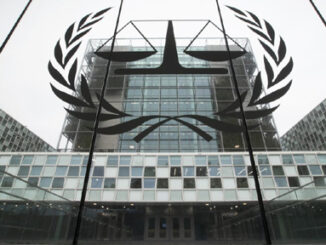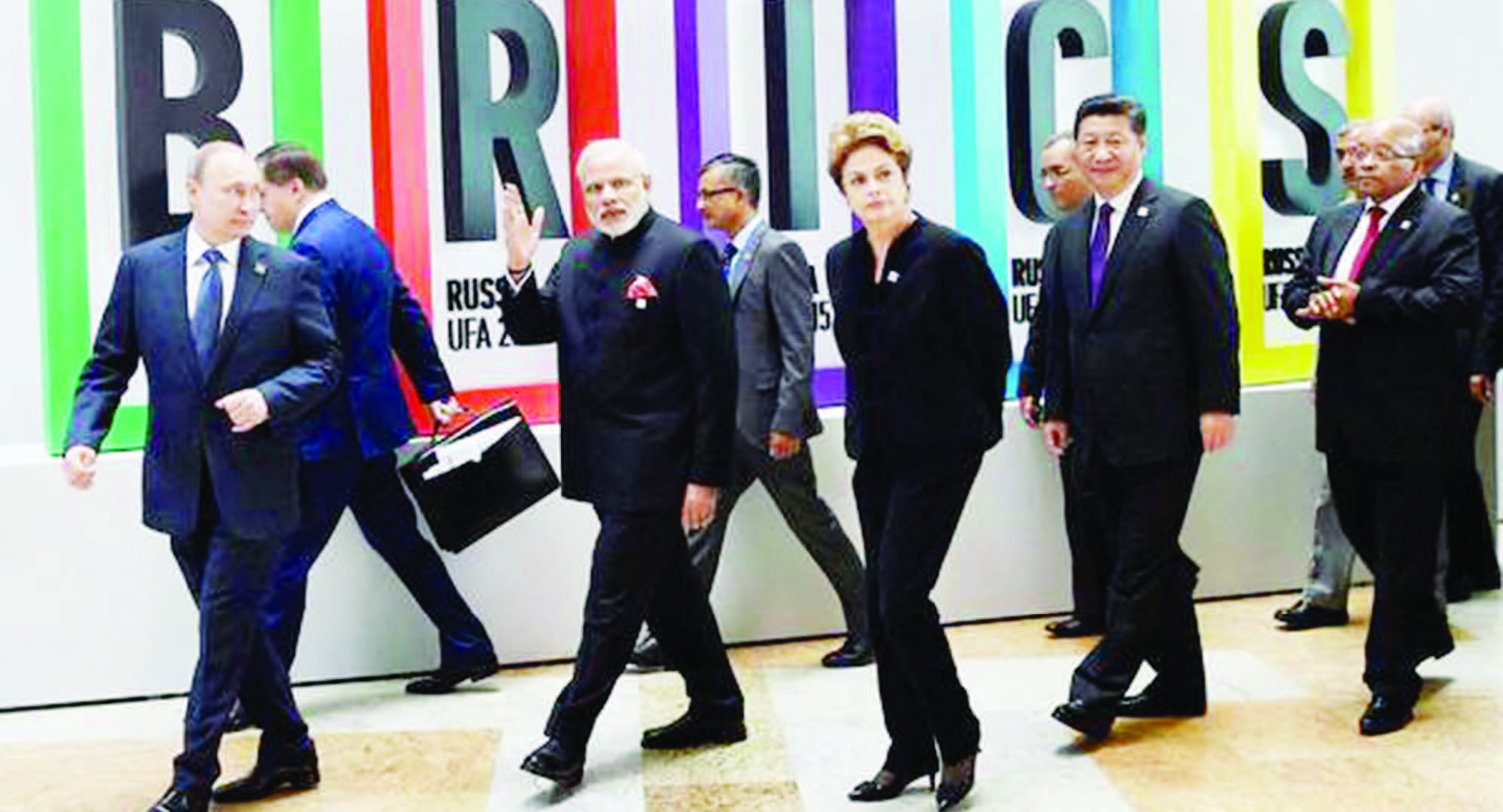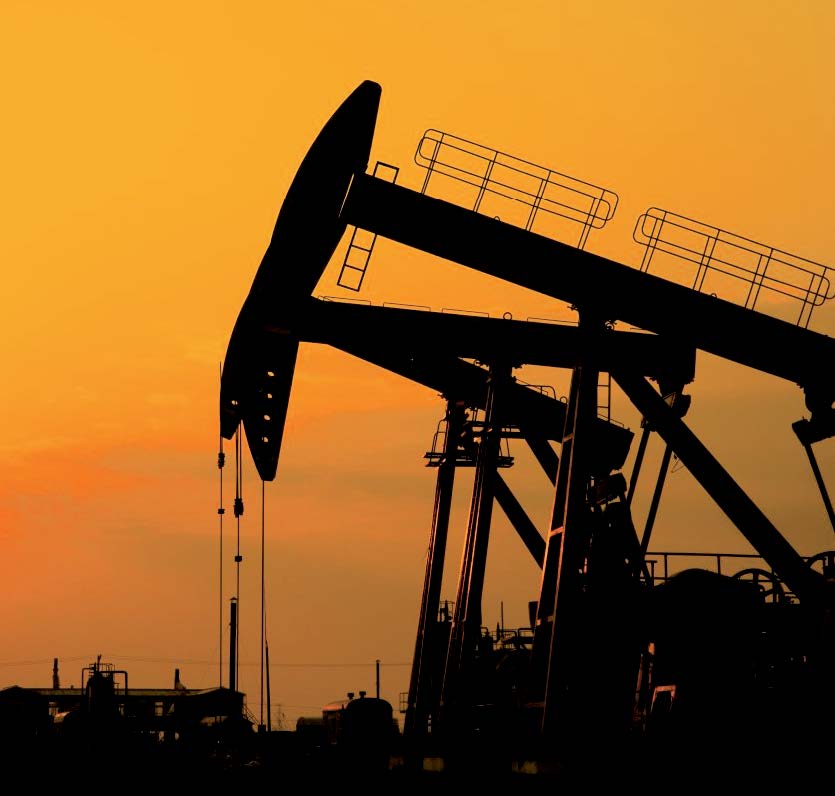
ECB, Wall Street decline
NEW TORK (TIP): European shares and the euro lost ground on Thursday, August 7 and investors moved to safehaven government debt after a stronger-thanexpected move by Russia to ban certain imports from Europe and the United States, according to a Reuters report.
Early gains on Wall Street faded, with the S&P 500 just below its 100-day moving average, a significant technical support level. More broadly, MSCI’s world equity index .MIWD00000PUS lost 0.4 percent. German government debt yields fell to alltime lows, on increased concern over the effect Ukraine’s crisis will have on euro zone growth. The European Central Bank said following its monthly policy-setting meeting that a sanctions war could worsen the growth outlook on the continent, where demand is already weak.
The ECB elected to hold borrowing rates at record low levels on Thursday. Europe’s main bourses closed lower, with London’s .FTSE down 0.6 percent, Germany‘s DAX .GDAXI off 1 percent and France‘s CAC 40 .FCHI down 1.4 percent. The move for the DAX put the index down 10 percent from its record closing high in early July. [.EU] “Geopolitical risks are heightened, are higher than they were a few months ago. And some of them, like the situation in Ukraine and Russia will have a greater impact on the euro area than they … have on other parts of the world,” said ECB head Mario Draghi, in post-meeting comments.
Russia said on Wednesday, August 6, it would ban all food imports from the United States and all fruit and vegetables from Europe in a stronger-than-expected answer to Western sanctions for Moscow’s support for separatists in Ukraine. German Bunds slid to a record low of 1.069 percent DE10YT=RR while the 10-year UK gilts yield touched a one-year low of 2.476 percent GB10YT=RR. [GVD/EUR] Gold climbed back above $1,300 an ounce to hit a high of $1,313.60, breaking through technical resistance that could spur further gains, and 10-year U.S. bond yields touched near a two-month low at 2.43 percent US10YT=RR.
[US/] The tensions have, however, aided the ECB’s efforts to push down the euro. The shared currency was hovering just above a nine-month low against the dollar EUR= at $1.3363. Portuguese stocks .PSI20, slumped 2.3 percent, and bonds PT10YT=TWEB were again showing significant weakness amid worries the country and its banks will have to pay dearly for the rescue of Banco Espirito Santo. U.S. stocks succumbed to concerns over Russia after a higher opening as initial enthusiasm from an unexpected drop in jobless claims dissipated. The Dow Jones industrial average .DJI fell 82.55 points or 0.5 percent, to 16,360.79, the S&P 500 .SPX lost 11.5 points or 0.6 percent, to 1,908.74 and the Nasdaq Composite .
IXIC dropped 20.26 points or 0.47 percent, to 4,334.79. “Europe traded sharply lower after the ECB press conference. U.S. equities again provided a counterbalance to that risk-off trade by largely maintaining a fairly tight trading range and stability,” said Peter Kenny, chief market strategist at Clearpool Group in New York. “I look at this as the glass half-full, for sure, if you stop to consider the DAX closed in correction territory and we are off incrementally.”
As fighting has intensified on the ground in eastern Ukraine, NATO said Moscow had massed around 20,000 combat-ready troops on the Ukrainian border and warned of a possible advance. Russia’s dollar-denominated RTS index .IRTS, which is down nearly 9.3 percent over the past three weeks, lost 0.3 percent while its rouble-based MICEX shed 0.1 percent, giving it a 6.3 percent decline over the same period. U.S. crude CLc1 settled up 42 cents to $97.34 while Brent LCOc1 broke through the $105 mark to settle up 85 cents at $105.44 per barrel. [O/R]





Be the first to comment